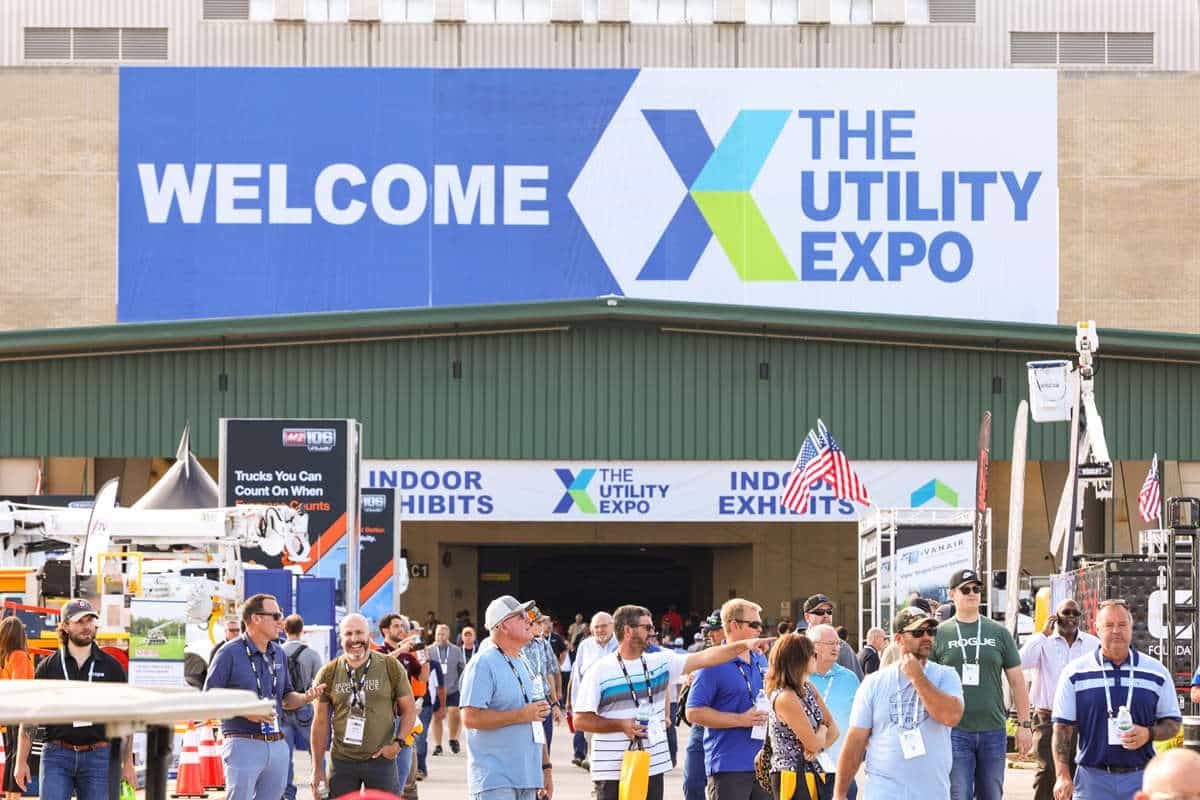NUCA Statement On Increased Steel and Aluminum Tariffs

The chief executive officer of the National Utility Contractors Association (NUCA), Doug Carlson, issued the following statement on the Trump Administration’s proclamation to impose 25 percent tariffs on steel and aluminum imports, beginning on March 4, 2025:
“America’s underground utility construction industry is literally building America’s foundations for renewed economic growth and success across every industry. Much of our federally funded work through recent infrastructure laws is already subject to domestic iron and steel sourcing requirements. But the macroeconomic effects of these new tariffs will drive up construction materials prices and make it challenging to meet the increased demand for domestically made components on all public and privately funded projects. Our nation’s construction industry derives about 25 percent of its steel from non-domestic sources, and the specialized iron and steel products used in underground utility projects are essential to its efficient completion. And roughly half of America’s aluminum comes from foreign sources – it will take significant time for domestic supply to catch up to demand.
“NUCA urges the Trump Administration to reconsider the pending tariffs on steel and aluminum, at least with regards to materials used in domestic infrastructure projects. America’s construction industry already supports through practice and “Buy America” regulations the use of American-manufactured products, and we encourage the Administration to examine regulatory roadblocks that drive manufacturing of industry-demanded products overseas.
“The coming tariffs will only delay critical infrastructure projects and drive up their costs to the taxpayer. Much of America’s underground infrastructure relies upon EPA and other government resource funds to build or repair its water and wastewater projects.
“The Trump Administration should provide automatic relief from these additional duties for those steel and aluminum products required for infrastructure construction which are manufactured elsewhere until such a time that our domestic manufacturing base gets the support and regulatory relief they need to meet demand without dramatically increasing costs to the taxpayer.”




